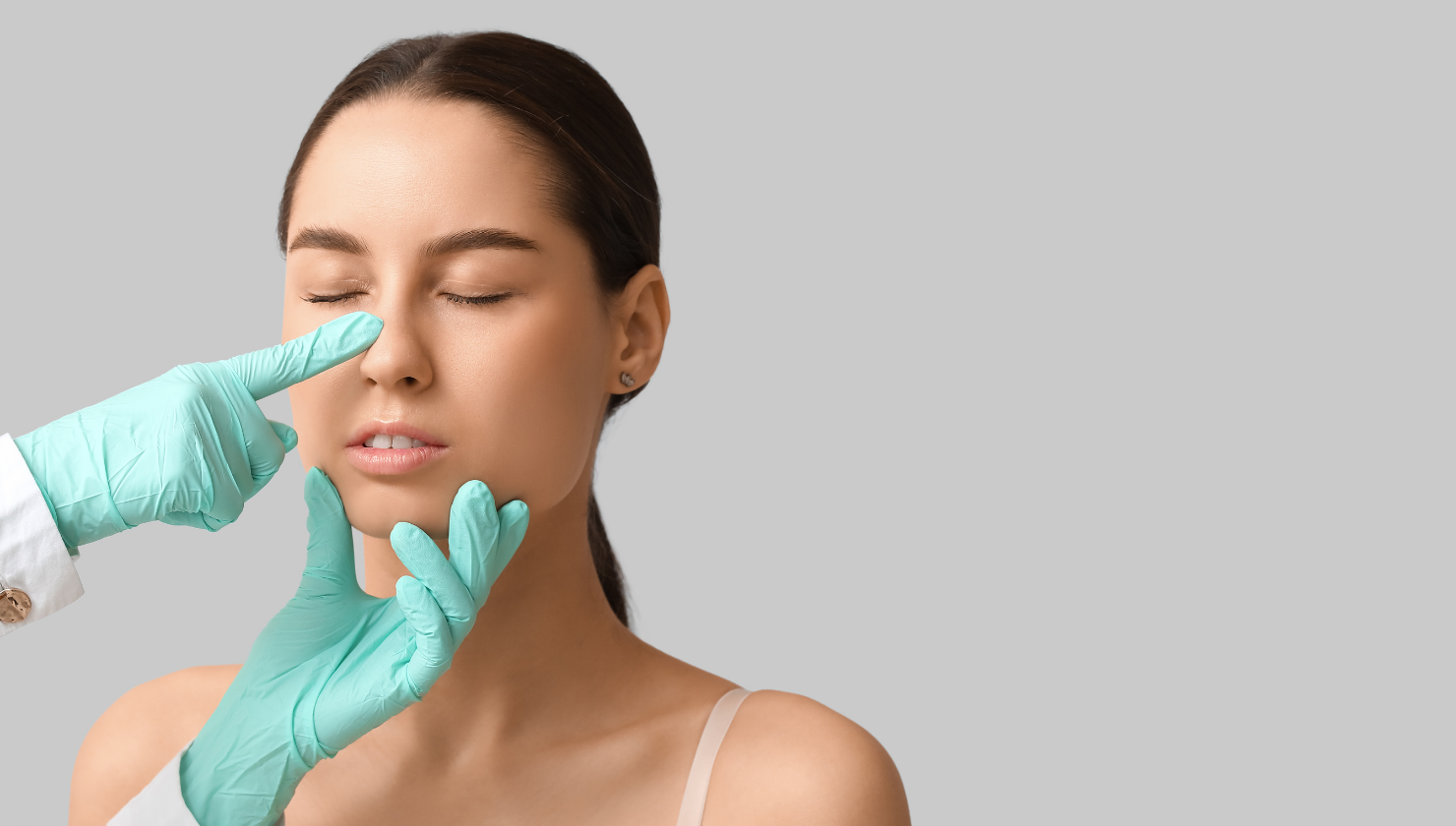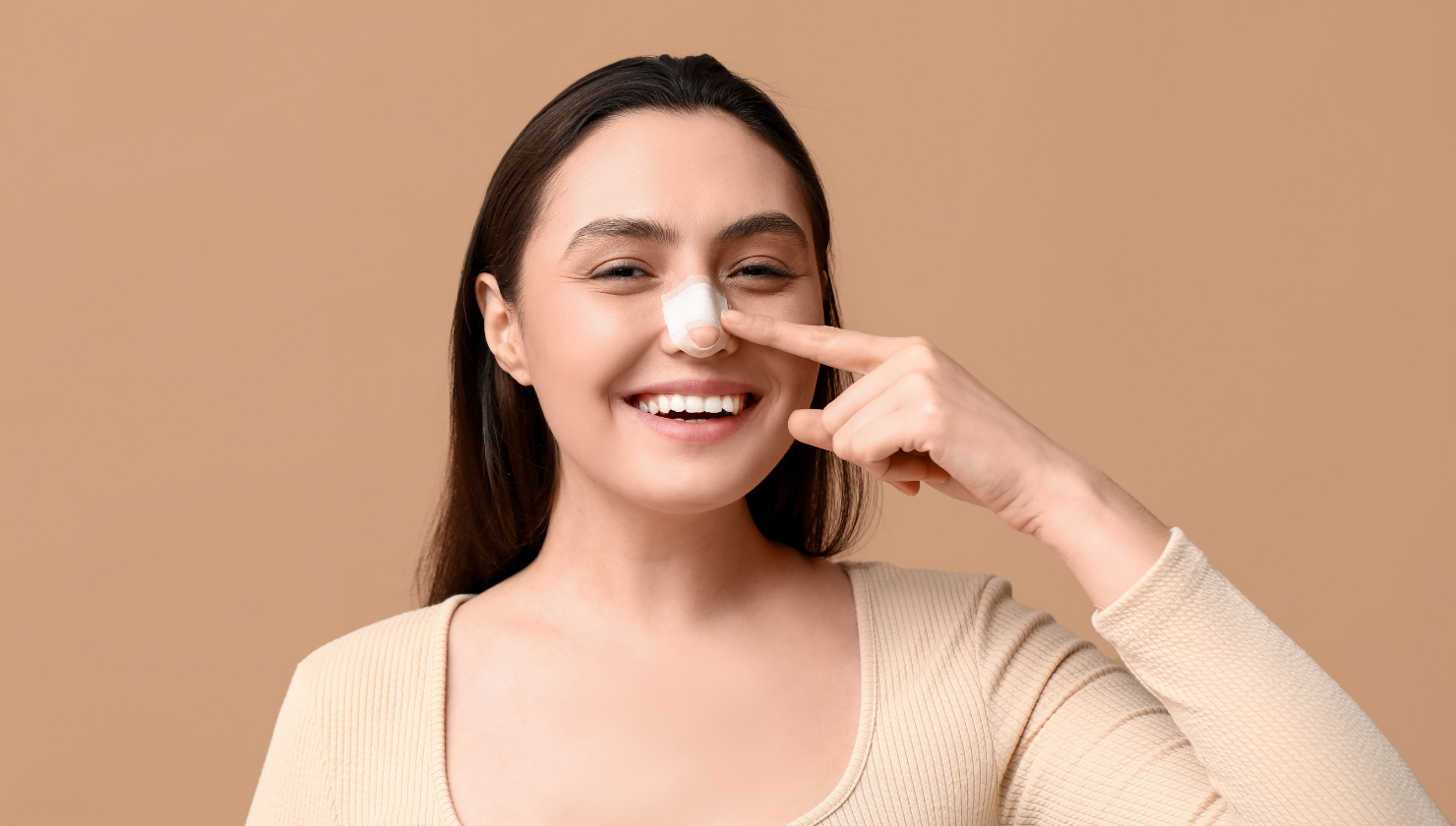Swelling after a rhinoplasty procedure is a natural part of the healing process. It is not entirely possible to prevent swelling completely, as its severity depends on many factors including your body’s chemistry, the extent of the surgery, and how closely you follow post-operative instructions.
While it can take up to a year for the swelling to fully subside, there are several ways to speed up the healing process and reduce swelling after rhinoplasty:
Cold Compresses
One of the most effective methods to reduce nasal swelling is the proper use of cold compresses, as directed in your post-operative care instructions. Avoid placing the compress directly on the nose; instead, apply it to your cheeks to help minimize swelling without putting pressure on the nasal structure.
Anti-Inflammatory Medications
While you may need to avoid anti-inflammatory medications before surgery, they can be helpful during the recovery period to reduce swelling. However, always consult your doctor before using any medication during the healing phase.
Healthy Nutrition
Following major nasal surgery, your body needs time and proper nutrition to heal efficiently. A balanced diet not only provides essential energy but can also support the reduction of inflammation.
Foods with anti-inflammatory benefits include:
- Leafy green vegetables
- Fatty fish rich in omega-3 (such as salmon)
- Antioxidant-rich fruits (like blueberries and strawberries)
Try to limit your intake of processed foods, excess salt, and refined sugars during the recovery period.
Proper Sleeping Position
For the first few days after surgery, it is essential to keep your head elevated above heart level. Sleeping with two pillows and maintaining an upright head position will help reduce swelling. Be careful not to apply any pressure on your nose while sleeping.
Limiting Daily Activities
- Avoid strenuous activities for at least two weeks after surgery.
If you wear glasses, it’s best to avoid them temporarily, as they put pressure on the nasal bridge and may interfere with the healing process. Contact lenses are a better alternative during this period.
Remember, patience and careful attention to your surgeon’s recommendations are key to a smooth recovery. While swelling is temporary, following these guidelines will help you heal faster and enjoy better results.










